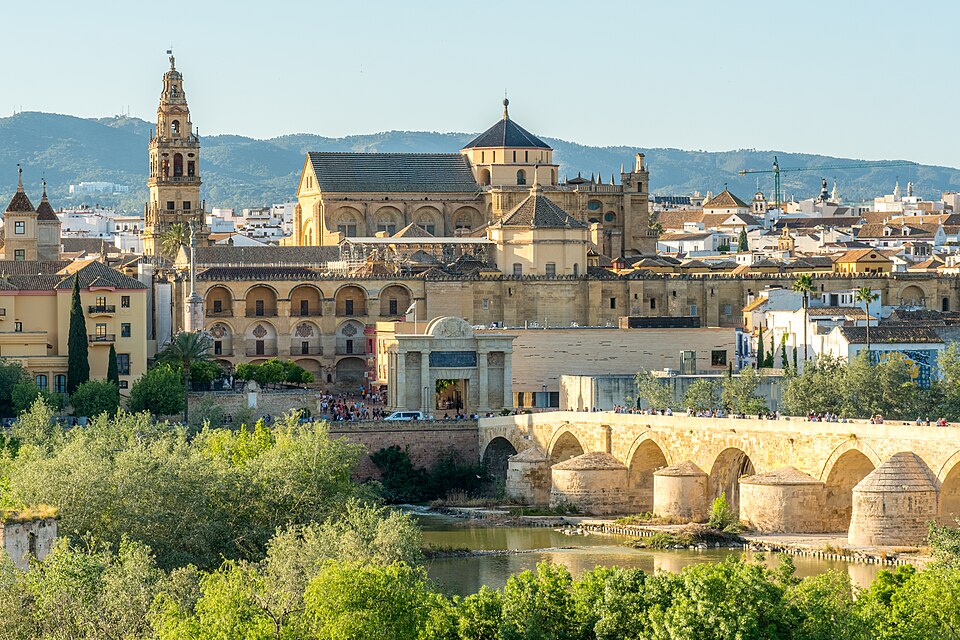CHARTERHOUSE SCHOOL: Meet the Most Expensive School in Nigeria with a History Spanning Over 400 Years

Did you know that the Charterhouse School that is newly established in Lekki, Lagos, Nigeria, charges N42 million as fee per annum, and that the Lagos-based school is its first African school?
Charterhouse is a public school originally founded by Thomas Sutton in 1611 on the site of the old Carthusian monastery in Charterhouse Square, Smithfield, London, United Kingdom. It is one of the original nine English public schools reported upon by the Clarendon Commission in 1864 leading to its regulation by the Public Schools Act 1868.
In 2019, Charterhouse was reported to be among the most expensive schools for boarding pupils. Charging up to £11,415 per term in 2014/15, Charterhouse is the 7th most expensive HMC boarding school in the UK. For the 2022/23 academic year, day boarding fees are £36,540 and boarding is £44,220.
The Charterhouse school under construction in Nigeria had announced N42 million fee per annum, generating mixed reactions from Nigerians with many claiming that the fee is outrageous. Justifying the fee, the director of Communications, Admissions and Marketing of the school, Damilola Olatunbosun, in a chat with the Nigerian Tribune, said:
“Charterhouse is not just like every other school anywhere globally but a prestigious and value-driven world-class educational institution that parents, who love quality and second to none education will always want their children to be. Even though we are yet to commence academic activities and we have not also done with our construction works, no school in Nigeria has the facilities we have already put in place. And it is not all about physical structures in Charterhouse, but also about quality, both academic and extra-curriculum, and value for our learners. We are building on 70 hectares of land in Lekki and it will cost us over $150 million at completion and that is why we are very sure that by the time we are done, people will appreciate us better. So, those who want quality and are familiar with Charterhouse know why their children must come to our school."
Historically, the London Charterhouse came into the hands of Thomas Sutton (1532–1611) of Knaith, Lincolnshire in May 1611. He acquired a fortune by the discovery of coal on two estates which he had leased near Newcastle upon Tyne, and afterwards, removing to London, he carried on a commercial career. In 1611, the year of his death, he endowed a hospital on the site of the Charterhouse, calling it the hospital of King James, and in his will he bequeathed moneys to maintain a chapel, hospital (almshouse) and school. He died on 12 December, and subsequently the will was hotly contested but upheld in court, and the foundation was finally constituted to afford a home for 80 male pensioners (gentlemen by descent and in poverty, soldiers that have borne arms by sea or land, merchants decayed by piracy or shipwreck, or servants in household to the King or Queen), and to educate 40 boys.
Charterhouse established a reputation for excellence in hospital care and treatment, thanks in part to Henry Levett, an Oxford graduate who joined the school as a physician in 1712. Levett was widely esteemed for his medical writings, including an early tract on the treatment of smallpox. Levett was buried in Charterhouse Chapel and his widow married Andrew Tooke, the headmaster of Charterhouse.
The school was moved to its present site in 1872 by the then headmaster, William Haig Brown – a decision influenced by the findings of the Clarendon Commission of 1864. The school bought a 68-acre (28 ha) site atop a hill just outside Godalming. In addition to the main school buildings (designed by architect Philip Charles Hardwick), they constructed three boarding houses, known as Saunderites, Verites and Gownboys (for scholars, who were entitled to wear gowns). The school was built by Lucas Brothers, who also built the Royal Albert Hall and Covent Garden.
As pupil numbers grew, other houses were built alongside the approach road, now known as Charterhouse Hill. Each was titled with an adaptation of the name of their first housemaster, such as Weekites, Daviesites and Girdlestoneites. The last of these is still referred to as Duckites, reflecting the unusual gait of its original housemaster, even though he retired well over 100 years ago. There are now the original four 'old' houses plus ten 'new' houses (currently three girls' houses), making fourteen boarding houses in total. These fourteen Houses have preserved a unique identity (each with its own tie and colours) and pupils compete against each other in both sports and the arts. Two new boarding houses were opened upon their completion ahead of the start of the 2021–22 academic year. This was done by former pupil and sitting MP Jeremy Hunt.
The school continued to expand over the 20th century. Further land was bought to the north and west, increasing the grounds to over 200 acres (81 ha), and a new school chapel was designed by Sir Giles Gilbert Scott (perhaps best known for designing the red telephone box) and consecrated in 1927 to commemorate almost 700 pupils who died in the First World War, making it the largest war memorial in England. Around 350 names have been subsequently added to commemorate those who died in the Second World War and other more recent conflicts.
An addition to the campus was seven new Houses, built in the 1970s, replacing late Victorian boarding houses which were demolished in 1977. Other newer buildings include the Art Studio, the John Derry Technology Centre, the Ben Travers Theatre, the Ralph Vaughan Williams Music Centre, the Halford Hewitt Golf Course, the Queen's Sports Centre, the Sir Greville Spratt athletics track and Chetwynd, a hall of residence for girls. In 2003, the School renovated its onsite Library. 2006 saw the opening of The Beveridge Centre for the Social Sciences. In 2007, a £3m Modern Languages building was completed.
The school has a top 60 placing in the A level league tables, and in 2011 over 80% of pupils are awarded an A* or A grade at GCSE. In 2009, the school announced its decision to switch from A Levels to the International Baccalaureate and Cambridge Pre-U. In 2012 Charterhouse had its best set of Cambridge Pre-U results with 96% of examinations taken awarded Distinction or Merit grades. 78 pupils achieved Distinctions (or their A level equivalent) in all subjects taken and 21 achieved the equivalent of A level A* grades in all their subjects. 20 pupils were offered places at Oxford or Cambridge.
Charterhouse originally accepted boys only. The school began accepting girls in sixth form in 1971. In 2017 the school announced that it was moving to full co-education from the age of 13, and welcomed the first girls into Year 9 in September 2021. Since September 2023 there have been girls in every year group.
#penglobalfactfile #charterhouse


_1755775186.jpg)
